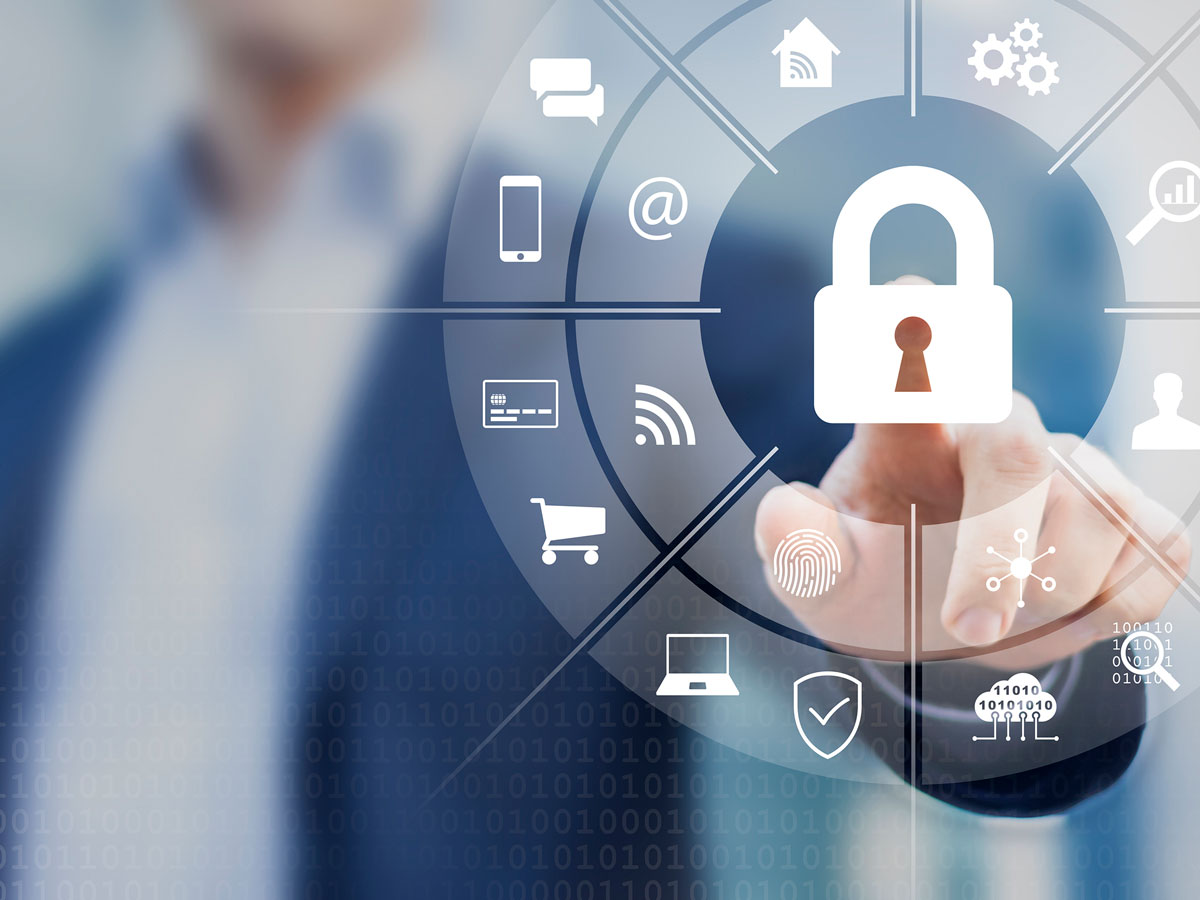 Fraud
FraudMarch 15, 2022
When in Doubt … DON’T!
When in Doubt … DON’T!
Safeguard your personal information by avoiding these common habits.
The level to which fraudsters will sink to steal your personal information is low … very low. New scams are popping up all the time, and they continue to exploit victims’ vulnerabilities. Believe it or not, our most vulnerable access points may stem from some of our most common habits.
Whether we know it or not, many of our bad habits put our identity at risk. It’s up to us to break old habits to help safeguard our personal information. So, when you’re faced with one, resist the temptation and When in Doubt … DON’T!
Don’t respond to phone calls or emails requesting confidential information. Remember that the odds of a company or organization calling or emailing you out of the blue to gather details like this are extremely slim.
Don’t click on links or attachments from an unknown source. When you get an email from someone you don’t know or from someone you wouldn’t expect, don’t open the email and if you do, don’t click on any links or attachments.
Don’t share passwords or login credentials. Giving out a password, PIN or username is like serving up your online profile to a scammer on a silver platter.
Don’t post private or sensitive information online. You know those “25 facts about me” fill-in-the-blank quizzes on social media? With the information you supply in those “fun” quizzes, a good scammer can decipher your passwords and other credentials with very little effort.
Don’t insert unfamiliar portable devices into your computer. If you find a random device, just leave it. The risk of infecting your computer with malware is too great for the rush of quenching your curiosity.
Don’t keep wireless or Bluetooth® on when not in use. It may seem like a hassle to constantly toggle these features on and off, but doing so may help keep your information safe.
Don’t leave sensitive information unattended. If you enjoy working in a public setting like Starbucks, Panera Bread or your local library, position yourself at a table where nobody can look over your shoulder to see your screen, always lock your computer if you have to take a break for any reason.
Breaking any one of these habits will be a good first step to protecting your digital footprint. But to keep your private information most secure, implementing as many of these changes as possible is your best defense. And always remember, When in Doubt … DON’T!

